Dogs have a unique ability to provide comfort, support, and emotional healing, making them ideal therapy companions. Their unconditional love, loyalty, and calming presence can work wonders for individuals facing mental, emotional, or physical challenges. Certain dog breeds are especially suited for therapy due to their temperament, intelligence, and empathy. From the ability to sense emotions to providing a sense of security, these dogs excel in offering solace and affection. In this article, we’ll explore nine dog breeds that are the best four-legged therapy partners, including well-known and lesser-known breeds, each with special qualities that make them perfect for this role.
9. Great Pyrenees
The Great Pyrenees may not be the first breed that comes to mind when you think of therapy dogs, but their gentle, calming presence makes them an excellent fit for the job. These large, fluffy dogs are known for their protective instincts but also have an incredibly nurturing and patient side. Their calm demeanor helps soothe individuals dealing with anxiety, depression, or post-traumatic stress disorder (PTSD). The Great Pyrenees thrives in environments where they can offer quiet comfort, whether sitting beside someone during a difficult time or lying beside them for emotional support. Their thick, soft coat adds an extra element of tactile therapy, making them wonderful for individuals comfortable in touch.
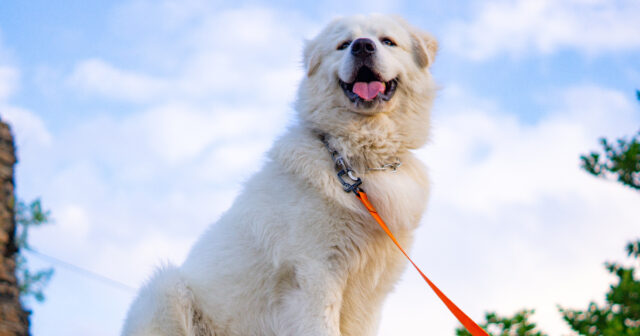
8. Greyhound
Often thought of as high-energy racers, Greyhounds are surprisingly laid-back and make fantastic therapy dogs. Their slender build and gentle disposition make them ideal for working in environments where space may be limited, such as hospitals or retirement homes. Greyhounds are known for their quiet and incredibly patient nature, making them a great fit for people in recovery or dealing with chronic illnesses. Their sensitive nature allows them to pick up on emotions quickly, responding with calm and affectionate behavior. Despite their racing history, Greyhounds are often called “40-mile-per-hour couch potatoes” and can offer a serene presence to those needing emotional support.

7. Cavalier King Charles Spaniel
Cavalier King Charles Spaniels are known for their affectionate nature and loving personalities, making them ideal for therapy work. These small, charming dogs thrive on human companionship and are naturally intuitive when sensing emotions. Their friendly disposition allows them to easily bond with individuals of all ages, from children in pediatric care to elderly residents in nursing homes. Cavaliers are highly adaptable and can handle various environments, whether it’s sitting quietly with someone during a counselling session or providing playful interaction with children. Their gentle temperament and affectionate nature make them wonderful companions for people dealing with stress, loneliness, or emotional difficulties.

6. Bichon Frise
The Bichon Frise may be small, but their impact as therapy dogs is significant. These fluffy, cheerful dogs have a naturally happy and friendly demeanor, which makes them excellent for lifting spirits and providing emotional support. Bichons are highly sociable and love interacting with people, making them a great fit for therapy work in hospitals, schools, and assisted living facilities. Their size and hypoallergenic coat also make them suitable for individuals who may have allergies or need a dog that is easy to manage. Bichons have a natural ability to sense when someone needs comfort and will often stay close to offer their warmth and companionship. Their joyful personalities make them ideal for bringing smiles to those going through tough times.
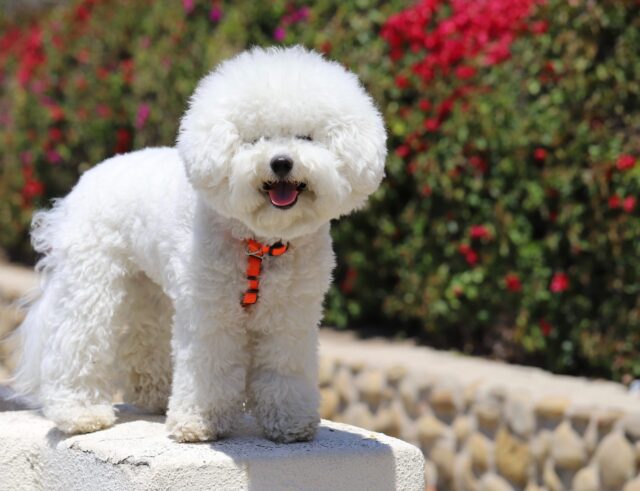
5. Newfoundland
Newfoundlands, often called “gentle giants,” are among the best breeds for therapy work due to their calm and patient nature. These large dogs are known for their sweet disposition and protective instincts, making them excellent companions for individuals who need emotional support. Newfoundlands are particularly well-suited for working with children, as their size and gentle demeanor provide a sense of security. They are highly empathetic and can naturally comfort those in distress. Whether lying beside someone for comfort or providing a steady presence during a therapy session, Newfoundlands offer emotional reassurance. Their soft, fluffy coats also add a tactile element that many people find soothing.
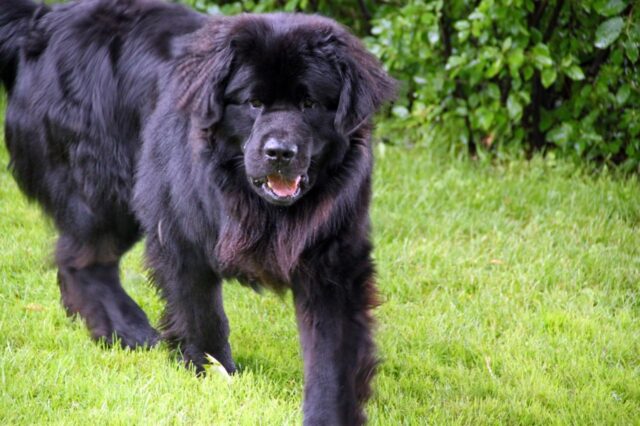
4. Pug
Pugs may be small, but they are packed with personality and make exceptional therapy dogs. Their expressive faces and affectionate nature make them incredibly endearing, and they have a unique ability to bring joy and laughter to those who need it most. Pugs thrive on human interaction and are naturally empathetic, making them perfect for individuals dealing with emotional or psychological challenges. Their small size allows them to easily fit into different environments, whether it’s a hospital bed, a lap, or a small room. Pugs are particularly skilled at making people feel loved and cared for, so they excel in therapy work. Their easygoing and friendly demeanor ensures they get along with everyone, making them wonderful companions for people of all ages.

3. Bernese Mountain Dog
The Bernese Mountain Dog is a large, friendly breed known for its gentle and affectionate nature. These dogs are incredibly loyal and have a calming presence, making them excellent therapy companions. Bernese Mountain Dogs are well-suited for working with individuals who may need physical support or comfort, such as those dealing with PTSD or chronic pain. Their large size allows them to provide a sense of stability, while their friendly demeanor helps put people at ease. Bernese Mountain Dogs are also highly intuitive and can pick up on emotions, often responding with gentle nudges or by sitting close to offer comfort. Their thick, soft fur adds a layer of tactile therapy, which many individuals find soothing.
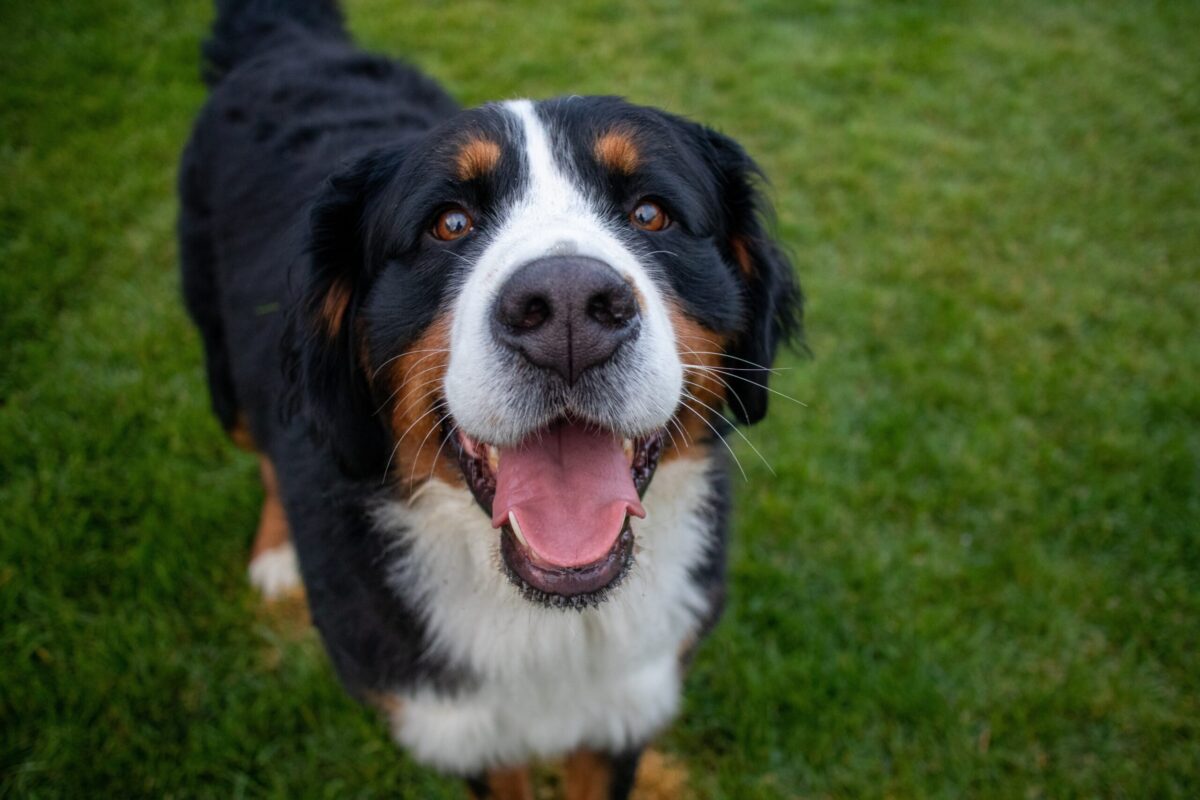
2. Havanese
The Havanese may be lesser-known, but they are rising stars in the world of therapy dogs. These small, cheerful dogs are known for their affectionate and playful personalities, making them ideal for providing emotional support. Havanese dogs have a gentle temperament and are highly sociable, thriving on interaction with humans. They are particularly good with children and can bring joy and comfort to those going through tough times. Havanese are also hypoallergenic, which makes them suitable for individuals with allergies. Their happy and loving nature ensures that they can lift the spirits of anyone they meet, providing comfort and emotional healing through their presence.

1. Labrador Retriever
Labrador Retrievers have long been the gold standard for therapy work, and for good reason. Known for their friendly, intelligent, and empathetic nature, Labradors excel in providing emotional support and comfort. Their calm demeanor and ability to sense when someone is in distress make them ideal therapy dogs for people of all ages, whether working in hospitals, schools, or private homes. Labradors are also highly trainable, allowing them to perform specific tasks for individuals needing assistance. Their gentle and loving nature makes them excellent companions for those dealing with depression, anxiety, or physical disabilities. Whether providing a sense of security or offering a loving presence, Labradors are the best four-legged therapists.
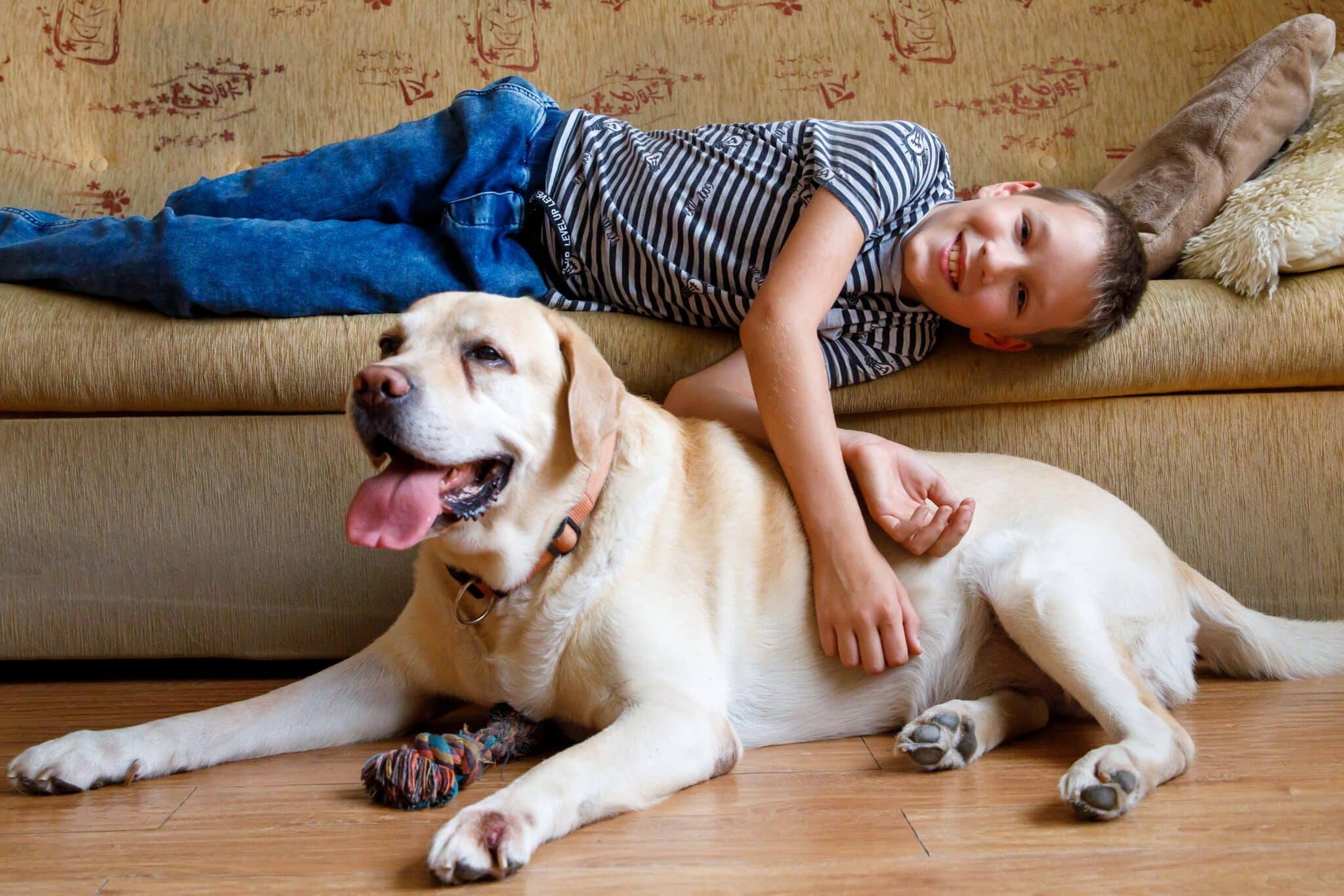
The Healing Power of Canine Companionship
Therapy dogs come in all shapes and sizes, but they all share the incredible ability to provide comfort, emotional support, and joy to those in need. Whether it’s the gentle giant Newfoundland or the playful Havanese, each breed has unique traits that make them perfect for therapy work. These dogs remind us that unconditional love and companionship can go a long way in healing emotionally and physically. So, if you’re looking for a furry friend who can lift your spirits and offer solace, one of these nine breeds might be the perfect companion.
 Toledo, United States.
Toledo, United States.